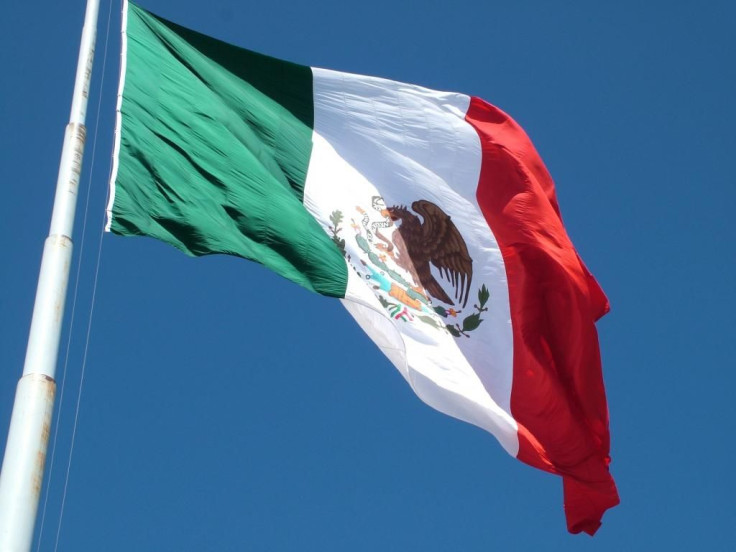South of the Border, Cannabis Is About to Become Legal

While just a third of US states have legalized recreational marijuana, Mexico -- a country in which drug violence has killed scores of thousands -- is moving to legalize marijuana for recreational use.
This legalization will leave America sandwiched between two countries with legal marijuana, Mexico to the south and Canada, which legalized recreational marijuana in 2018, to the north. And it is likely to stay that way, despite today’s action by the US House to decriminalize marijuana -- an enormous accomplishment in and of itself -- which will likely go nowhere in the US Senate.
As to how Mexico’s move would affect illegal crossings into the US, a study by the Cato Group showed that marijuana seizures have fallen steadily since states began legalizing the drug in 2012.
It was in 2018 that Mexico’s supreme court declared that the country’s existing laws governing possession and cultivation of marijuana were unconstitutional. The country’s governing bodies are now trying to come up with a bill that can be passed before the court-ordered December 15 deadline. The Senate recently approved the legislation, and by a large margin, Reuters reported. Mexico’s other congressional body, the Chamber of Deputies, has yet to do so.
According to Marijuana Moment, the legislation, which is currently being considered in several committees, may be amended before a final version is enacted.
As to how the Mexican public thinks about the pending vote, they are making their feelings known. Legislators have been walking through plumes of smoke and a veritable marijuana jungle for over a year. An impromptu cannabis garden is located next to the Mexican Senate building. Planted last February by advocates for legal marijuana, the garden boasts many plants, some reaching over 8 feet tall. Smokers have been allowed to use the area, named Plantón 420, for 30-minute increments.

Criticism
Advocates are worried that the new rules will make it easy for large, often foreign, companies to take a stake in Mexico’s budding marijuana market while cutting out smaller, local growers.
Activists have criticized the legislation for its failure to protect smaller growers. An initial version of the bill offered more protections by restricting the types and numbers of licenses bigger companies could acquire.
According to reporting from The Washington Post, the current iteration of the bill would allow commercial growers to cultivate and sell marijuana but limit individuals to only a few plants, and require them to have a government license.
Alejandro Madrazo, a law professor at the Center for Economic Research and Teaching told The Los Angeles Times that lobbyists from Canada and the United States had a hand in the legislation and said that it favored big business.
As with all marijuana legislation, this new legalization must walk a tightrope to balance price and accessibility. The Post quoted Zara Snapp, co-founder of a drug policy research group, Snapp explained that “The purchase price needs to be low enough to undercut the illegal market for consumers. … You also have to make sure there are enough entry points for [growers] to move over.”
Illegal trade predictions
A pre-legalization study on the effects of legalization in Mexico estimated that once legalization occurs, smuggling weed from Mexico would be more costly for US users, who can now get marijuana in one the 15 states that have legal recreational marijuana. When the study was conducted, only six states had legalized cannabis.
As for the drug cartels, they apparently are finding other sources of revenue: the Cato study said they have been smuggling immigrants through tunnels between the two countries. Immigrants, the study said, are “less profitable and more readily identifiable — is further evidence of the effects of legalization.”
Whether in time the Mexican market will export marijuana north to America is hard to say. Prior US governments might have pushed back against the move, but, The Economist cited President-elect Joe Biden’s stance: “ Now, if Mexico legalizes, the United States is likely to shrug. President-elect Joe Biden supports decriminalization [though not legalization]. ” It appears the times are changing, if not in the US senate.
Sabrina Emms is a science journalist. She got her start as an intern at a health and science podcast out of Philadelphia public radio. Before that she worked as a researcher, looking at the way bones are formed. When out of the lab and away from her computer, she's moonlighted as a pig vet's assistant and a bagel baker.
Sean Marsala also contributed to this article.



























